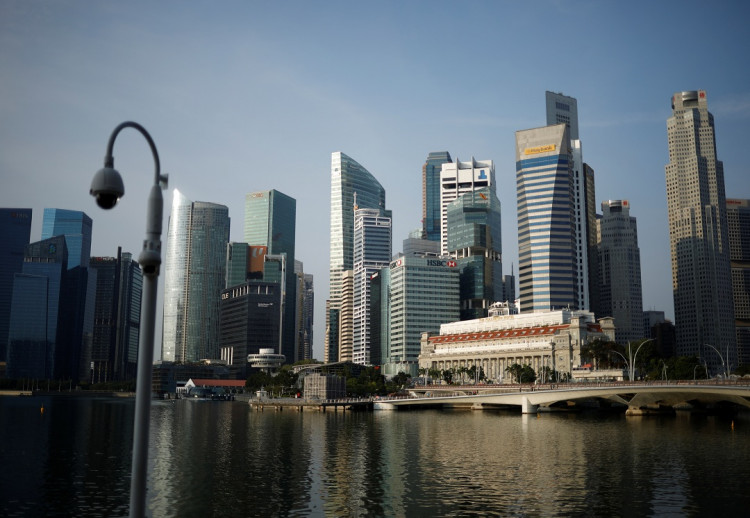In an attempt to curb the spread of fake news and manipulative news reporting, the Singaporean government has now proposed new legislation called the Protection from Online Falsehoods and Manipulation Bill. The bill, which is currently on its way to parliament, basically puts social media platforms and media institutions liable for the types of information they spread. The law also allows for enforced online corrections for false information and even the possibility of demonetization for repeat offenders.
The bill, which is believed to become law in the next few weeks, was submitted by the country's Ministry of Law. According to the government agency, the bill will only be targeting false information and will not in any way interfere with opinion, criticism, satire, and parody. The bill's primary objective will apparently be to correct false information, which will be required to be put alongside the fake article or post.
Apart from fake news, the law also includes several provisions that will allow the government to take down posts that may cause serious harm or have malicious intent towards another person or institution. It also allows the forced deletion of fake accounts that participate in the spread of fake news. Websites that participate in the spread of fake news are also subject to punishment such as demonetization and large penalties. Under the proposed law, offenders may get fined up to US$44,000 or imprisonment of up to six years.
Critics and freedom of speech activists have expressed their concerns about the new law stating that it may give the Singaporean government an unopposed power to decide what is true or what is false based on its own interests. According to the deputy Asia director at Human Rights Watch, Phil Robertson, the new law will allow the Singaporean government to wield a new weapon to restrict speech in a country that is already very restricted. Singapore is considered to be a very socially conservative country where even its most dominant local media is state-owned.
Of particular concern to activists is the law's restriction against news that is against the public's interest. Singapore currently defines this as anything that creates a lowered confidence in government, or anything that incites ill will and hates towards individuals and institutions. Singapore is only one of a handful of countries that considers defamation as a criminal offense, while most countries treat it as a civil matter. The Asia Internet Coalition, an industry association made up of leading internet and technology companies, responded to the new legislation and called it a far-reaching maneuver by the government that may risk the freedom of expression and speech in the country.






